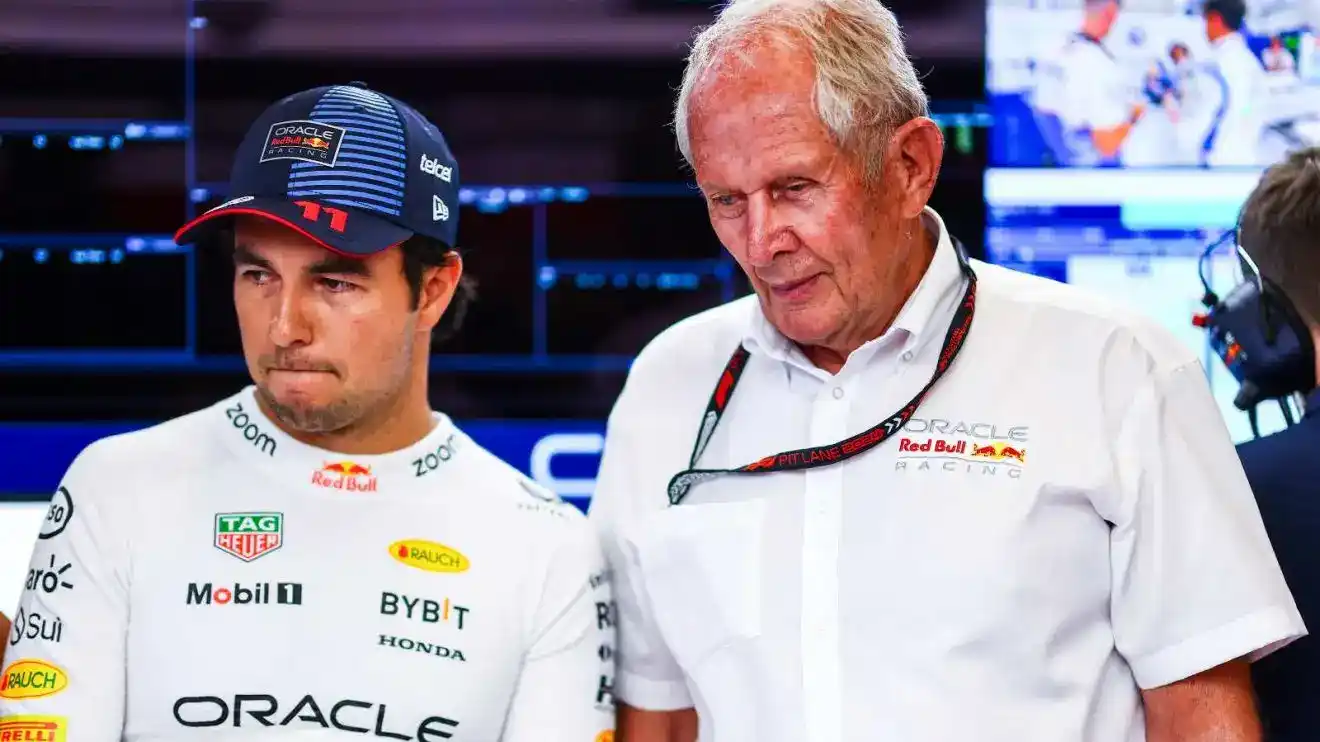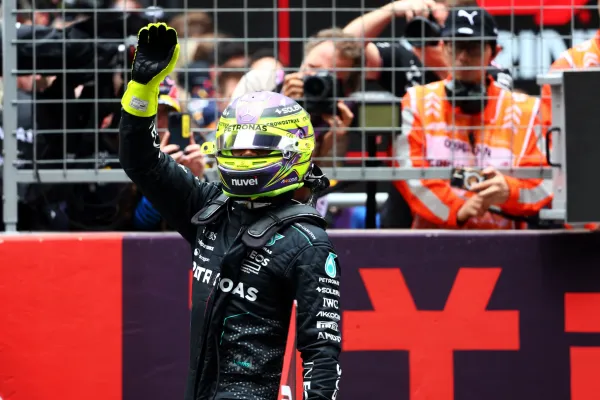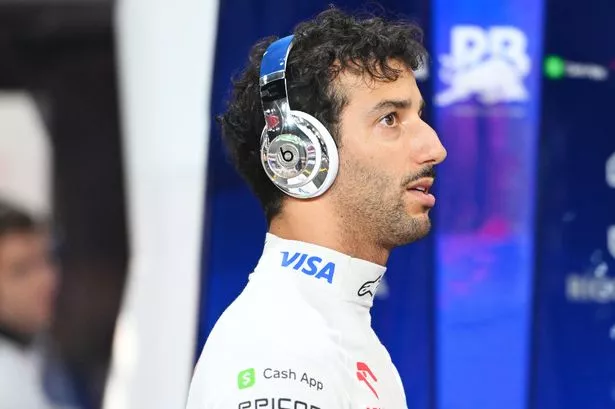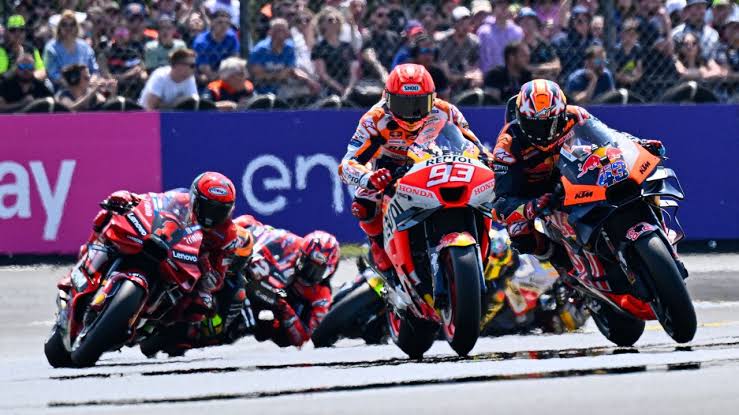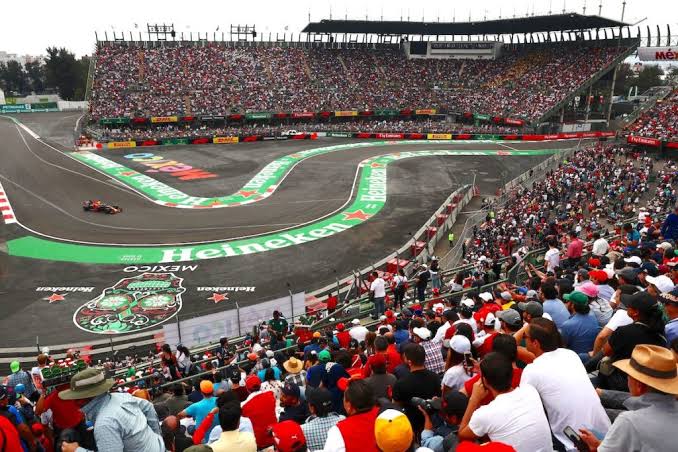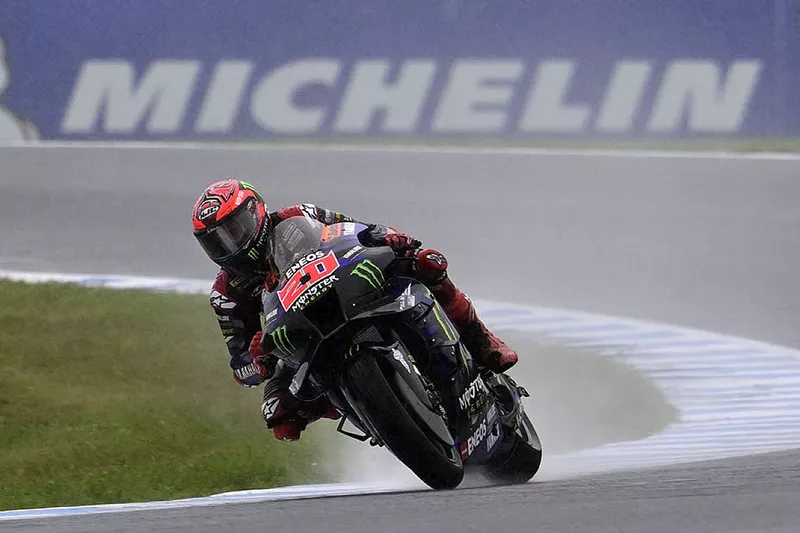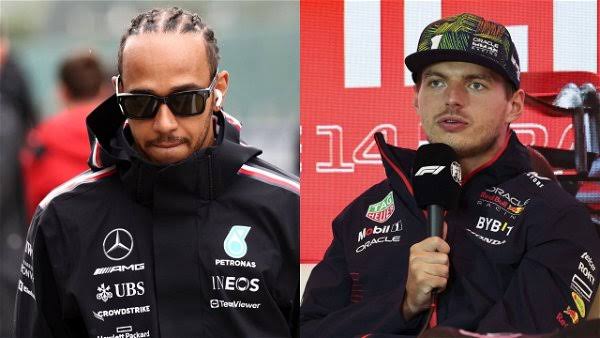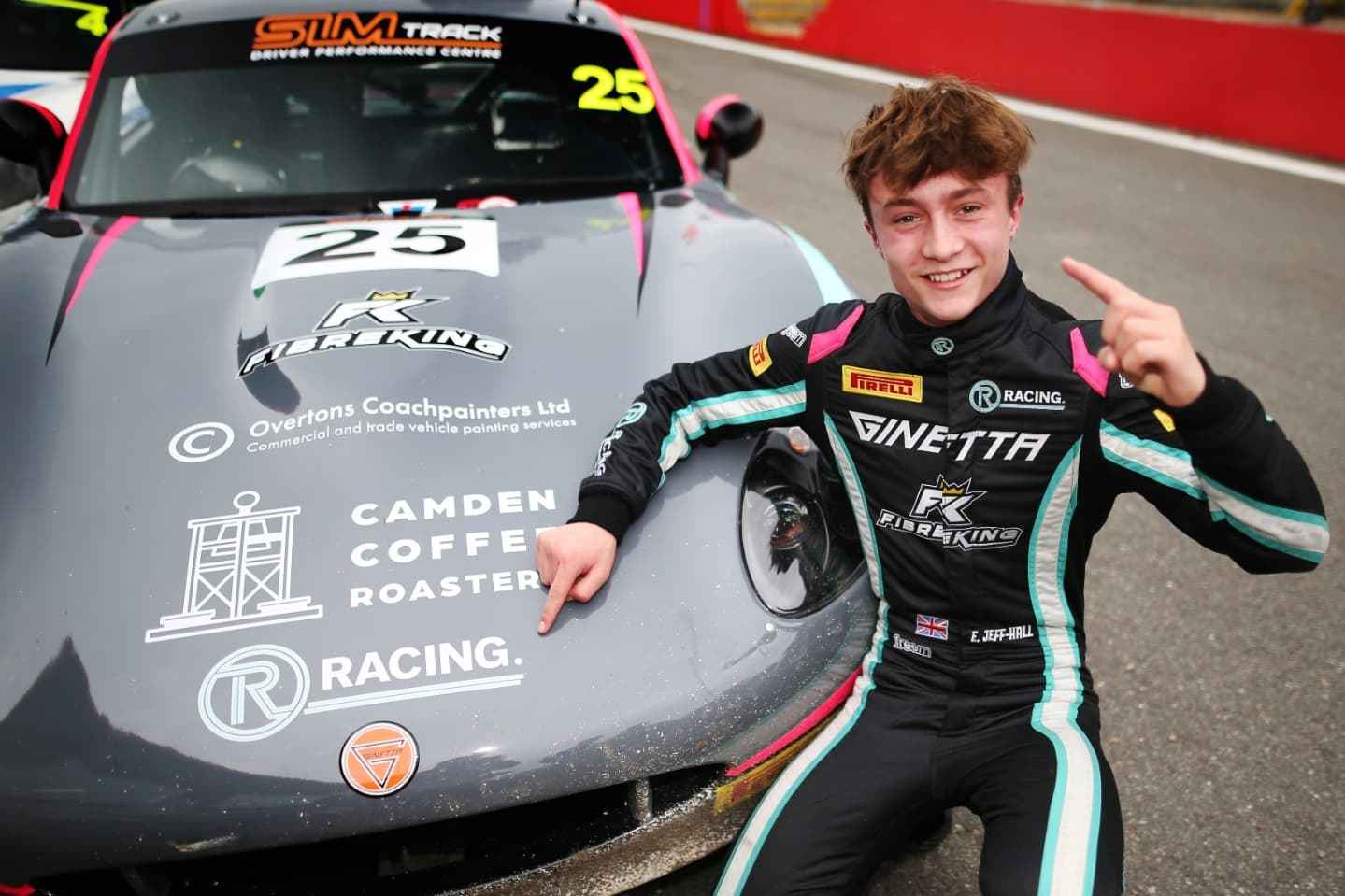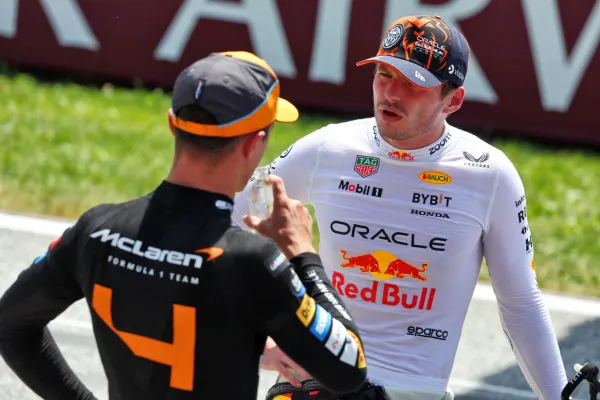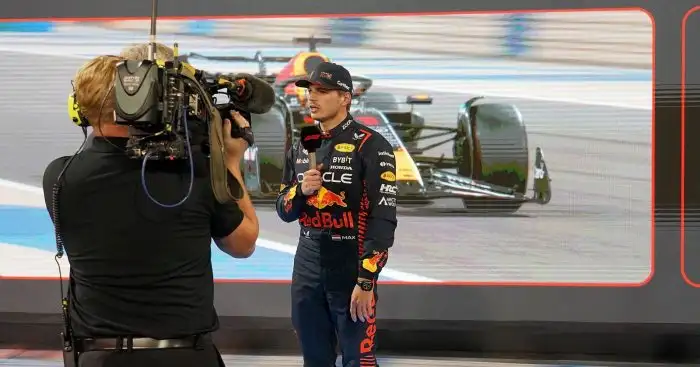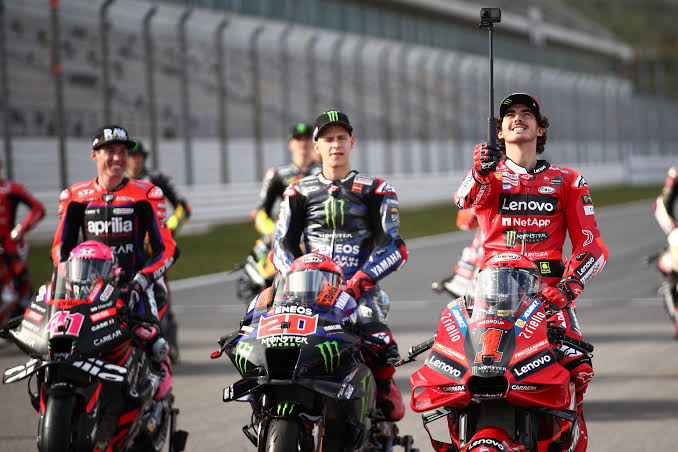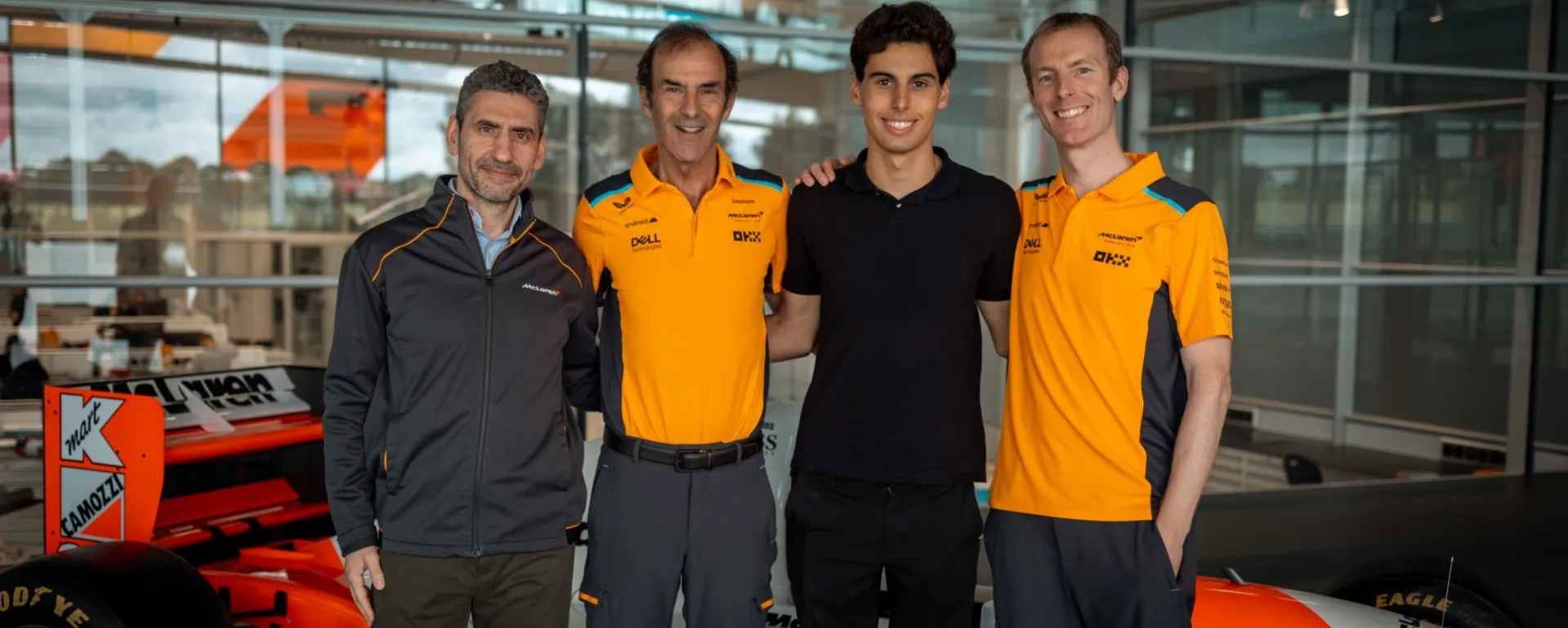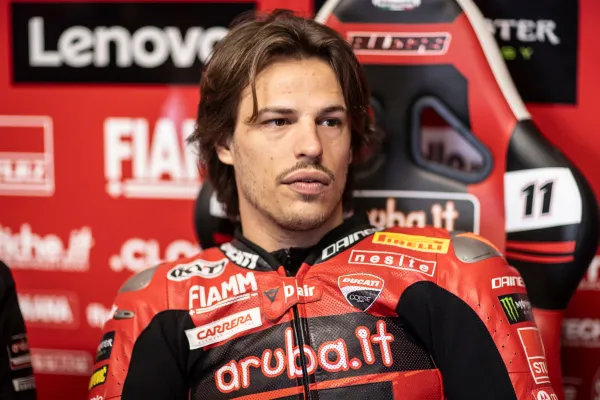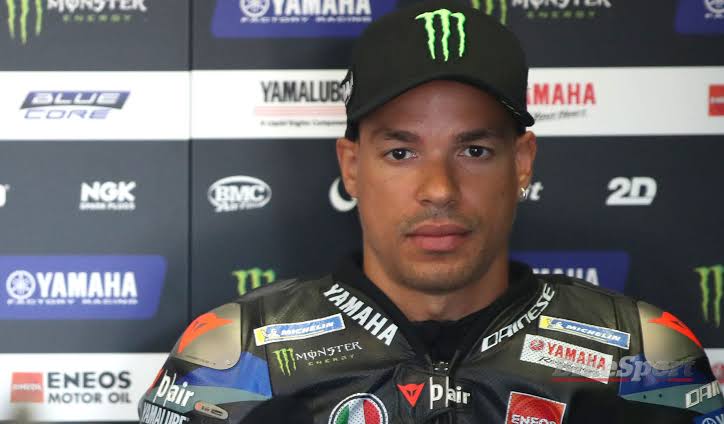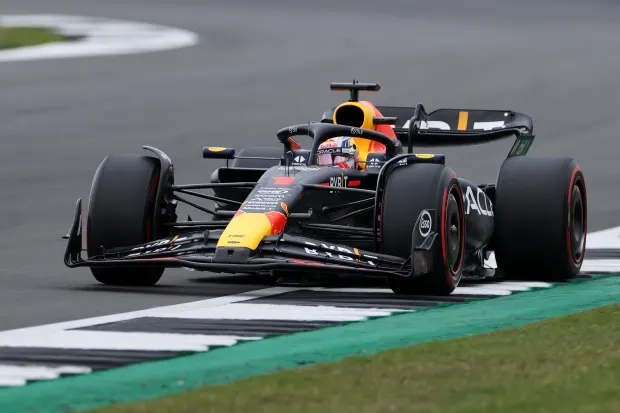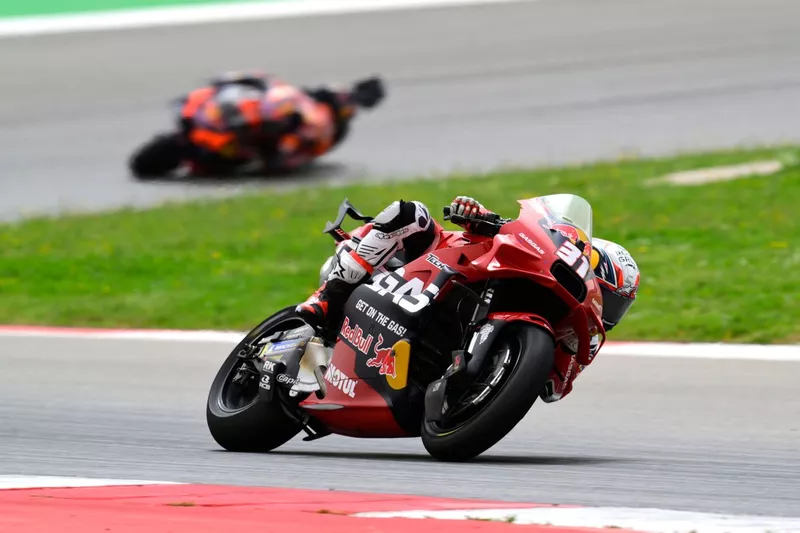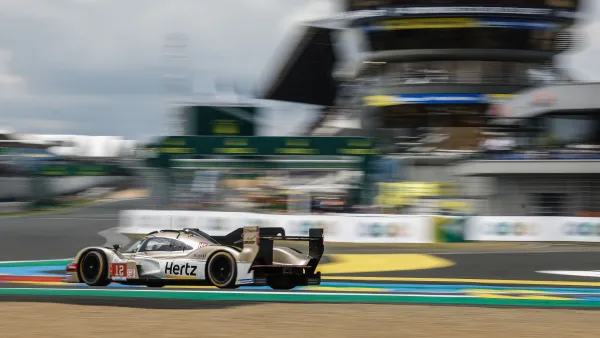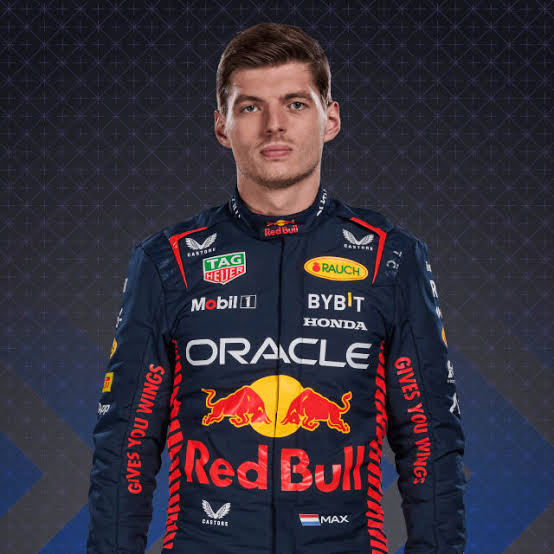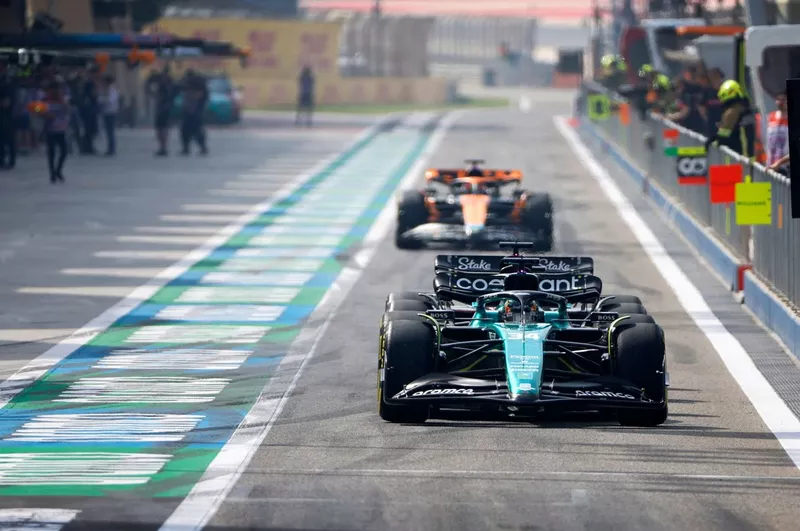Helmut Marko’s Bold Move: Red Bull’s Driver Shake-Up For 2025
As the 2024 Formula 1 season progresses, whispers of a potential driver shake-up at Red Bull Racing have begun to intensify. Helmut Marko, the team’s senior advisor and a pivotal figure in Red Bull’s motorsport strategy, is once again at the center of speculation. Known for his decisive and often controversial decisions regarding driver lineups, Marko’s recent comments suggest that significant changes could be on the horizon for both Red Bull Racing and its sister team, AlphaTauri. This article delves into the current driver landscape, Marko’s vision for the future, and the implications of these potential changes on the team’s performance and legacy.
The Current Landscape: Stability Amid Speculation
Red Bull Racing has long been a powerhouse in Formula 1, particularly since the advent of the hybrid era in 2014. With Max Verstappen firmly established as the team’s lead driver, having secured multiple championships, Red Bull has enjoyed a period of relative stability. Verstappen’s contract extends until 2028, ensuring his position as the face of the team.
However, the situation surrounding Sergio Perez has become increasingly precarious. Despite a promising start to the 2024 season, Perez has faced a series of challenges that have raised questions about his future with Red Bull. Following a strong performance in the early races, his form dipped significantly after the summer break. This inconsistency has led to speculation that Marko may be considering alternatives to secure a second strong driver alongside Verstappen.
Meanwhile, AlphaTauri has struggled to find its footing in recent seasons. Daniel Ricciardo’s return to Formula 1 was met with high expectations, but his performance has been lackluster compared to his teammate Yuki Tsunoda. Ricciardo’s inability to consistently challenge for points has opened the door for discussions about potential replacements, especially with reserve driver Liam Lawson showing promise during his brief stint last season.
Marko’s Vision: Youthful Energy to Drive Success
Helmut Marko’s philosophy has always revolved around identifying and nurturing young talent—a strategy that has paid dividends for Red Bull over the years. The team’s success stories include Sebastian Vettel and Max Verstappen, both of whom were thrust into competitive roles at a young age and went on to achieve remarkable success.
In recent interviews, Marko has articulated a renewed focus on promoting drivers from Red Bull’s junior program. He emphasized that “youth is back in vogue,” signaling a shift toward integrating fresh talent into both Red Bull Racing and AlphaTauri. This approach aligns with broader trends in Formula 1, where teams are increasingly looking to harness youthful energy and innovation.
Marko mentioned several promising drivers currently in Red Bull’s junior program who could be contenders for promotion in 2025. Isack Hadjar and Ayumu Iwasa are among those being closely monitored as they progress through their respective racing careers. Their performances in junior categories will play a crucial role in determining whether they are ready for the challenges of Formula 1.
Potential Scenarios: Who Will Join Verstappen?
With Max Verstappen’s position secure as Red Bull’s lead driver, attention turns to who will fill the second seat alongside him. Sergio Perez’s inconsistent performances have raised doubts about his long-term viability with the team. Although he signed an extension earlier this year, Marko’s comments suggest that nothing is set in stone.
Liam Lawson is emerging as a strong candidate for promotion if he can continue to impress during his time with AlphaTauri. His previous performances demonstrated his ability to adapt quickly and deliver results under pressure. If Lawson can maintain this trajectory through the remainder of the 2024 season, he could very well earn a seat at Red Bull Racing.
Additionally, Yuki Tsunoda’s consistent performances make him a viable option for retention at AlphaTauri or even promotion to Red Bull if circumstances allow. However, Lawson’s emergence complicates matters; both drivers have shown potential but will need to prove they can compete at an elite level consistently.
Moreover, Hadjar and Iwasa are not just names on paper—they are actively competing in various racing series and showcasing their talent. If either can secure impressive results in their respective categories leading up to 2025, they could find themselves in contention for an F1 seat sooner than anticipated.
Marko’s Legacy: A Career Defined by Bold Decisions
Helmut Marko’s career is characterized by bold decisions that have shaped not only Red Bull Racing but also the landscape of Formula 1 itself. His keen eye for talent and willingness to take risks have resulted in some of the sport’s most memorable moments.
From promoting Sebastian Vettel when he was just a teenager to recognizing Max Verstappen’s potential before he even turned 17, Marko has consistently demonstrated an ability to spot future stars. His decisions have not always been popular; Kvyat’s demotion after just one season was met with criticism but ultimately led to Verstappen’s rise—a decision that transformed Red Bull into a championship-winning team.
Marko understands that success requires not just talent but also timing and courage. His willingness to make tough calls—whether promoting young drivers or letting go of underperforming veterans—has been key to Red Bull’s sustained success.
For an insightful look into how Red Bull builds its championship-winning teams through bold strategies and innovative management techniques, check out our article.
Challenges Ahead: Balancing Performance and Development
While embracing youth can yield significant rewards, it also comes with inherent risks. Promoting inexperienced drivers can lead to growing pains that impact overall team performance. The challenge lies in balancing immediate competitiveness with long-term development.
Marko must weigh the benefits of integrating young talent against the need for experience in high-pressure situations. Formula 1 is unforgiving; teams cannot afford to sacrifice points due to rookie mistakes or lack of experience when competing against seasoned drivers from rival teams.
Furthermore, maintaining harmony within the team is crucial as new drivers come into play. Verstappen’s established status means any new teammate will need to adapt quickly while also managing expectations from fans and sponsors alike.
Discover how other F1 teams balance their driver strategies while staying ahead of the competition.
The Verstappen-Markko Bond: A Key Factor
Max Verstappen’s relationship with Helmut Marko plays a significant role in shaping Red Bull’s future direction. Having been mentored by Marko since he was a teenager, Verstappen trusts Marko’s judgment regarding team dynamics and driver selections.
Speculation suggests that any drastic changes involving Marko could influence Verstappen’s future with Red Bull Racing. If he feels that new teammates may not be able to match his performance or contribute effectively towards achieving championship goals, it could lead him to reconsider his long-term commitment to the team.
This dynamic underscores how critical it is for Marko to make informed decisions about driver promotions while keeping Verstappen’s perspective in mind. The bond between mentor and protégé is strong but must be navigated carefully as changes unfold within the team.
Explore more about how mentorship shapes F1 superstars like Verstappen by reading our feature.
Conclusion: The Road Ahead for Red Bull
As Formula 1 continues its evolution into a new era marked by technological advancements and shifting competitive landscapes, teams like Red Bull must remain agile and forward-thinking. Helmut Marko’s vision reflects this necessity—his commitment to integrating youthful talent while maintaining competitive performance is both ambitious and necessary.
The upcoming seasons promise excitement as potential changes unfold within both Red Bull Racing and AlphaTauri. Will Sergio Perez retain his seat alongside Verstappen? Can Liam Lawson prove himself worthy of promotion? And how will emerging talents like Hadjar and Iwasa influence Red Bull’s strategy moving forward?
As fans eagerly await answers to these questions, one thing remains clear: Helmut Marko is poised to make bold moves that could redefine not only individual careers but also shape the future trajectory of one of Formula 1’s most successful teams.
To dive deeper into how F1 teams prepare for transformative seasons like Red Bull’s anticipated shake-up, visit our detailed analysis.
